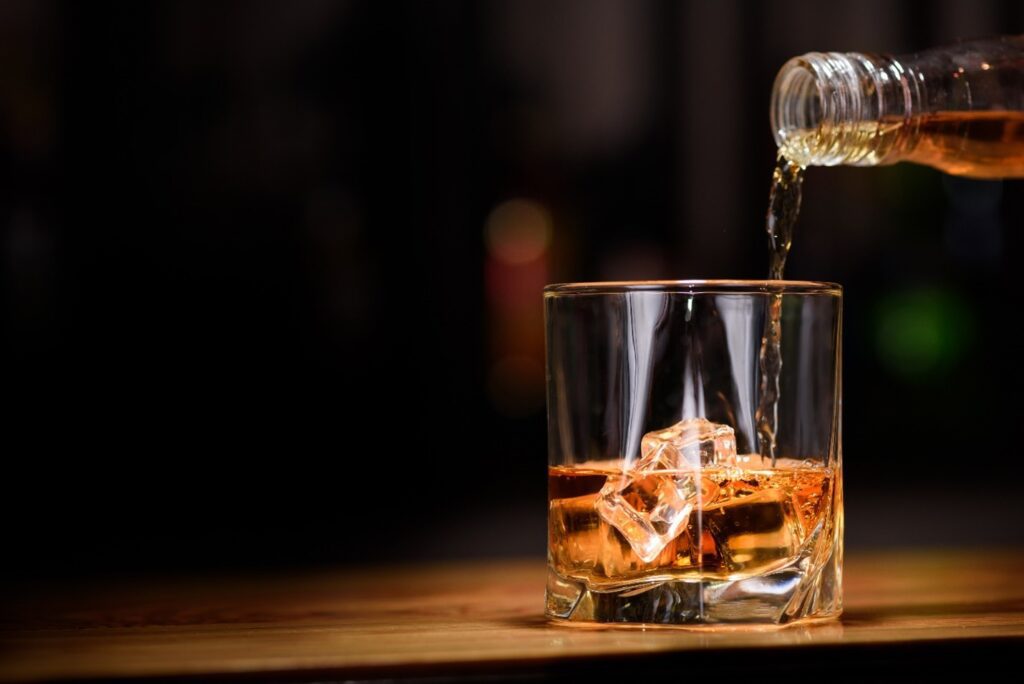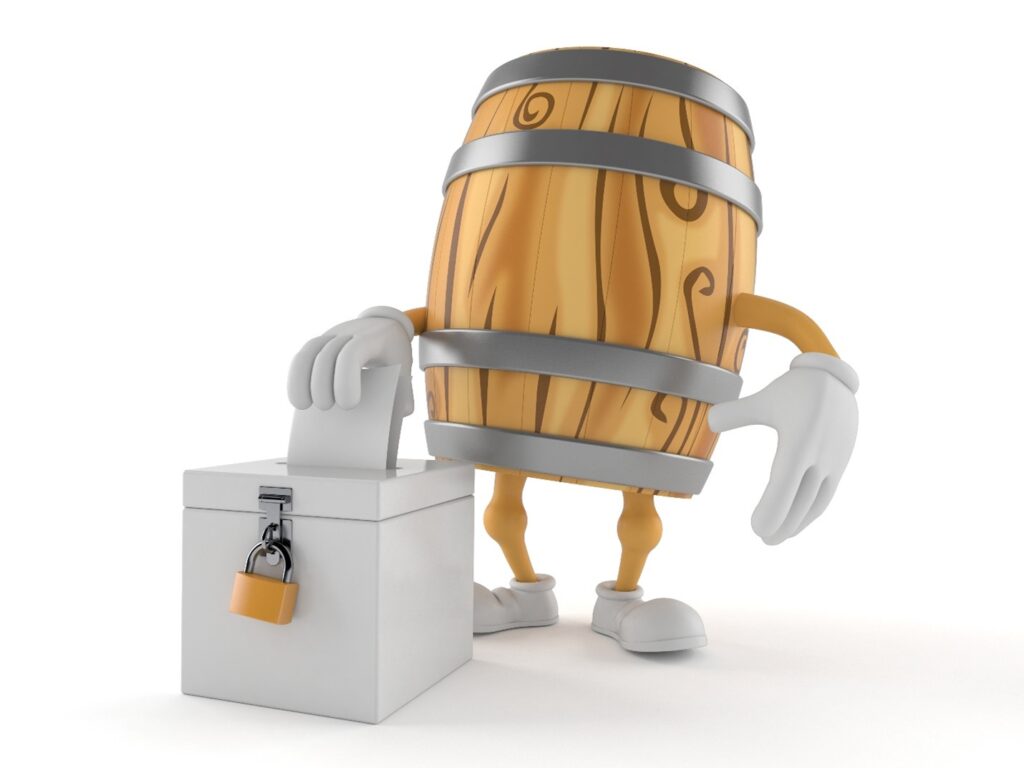
By Hunter Hines
Christian Action League
June 30, 2022
In its final week of the 2021-22 Legislative Biennium, the North Carolina General Assembly passed two bills related to the state’s alcohol policies.
Rev. Mark Creech, executive director of the Christian Action League, said, “The couple of alcohol measures that passed were relatively innocuous, but there was a provision in one of the bills that lawmakers would not address and the press completely ignored. That was expected, but disappointing, nonetheless.”
House Bill 768 – 2022 ABC Omnibus Bill, a measure that included several technical changes to the state’s liquor laws, one of which, Section 6, amended the definition of a “private bar” to eliminate a membership requirement.
A state law stretching back to the repeal of Prohibition requires private bars selling only alcohol and no food to pay a membership fee to drink there. Members must also provide personal information.
Section 6 of the bill eliminated the existing membership requirement under current law and clarified that a private bar would not include a brewery, winery, or distillery.
“I think in the beginning, the reason for the law was because bars, which sell only alcohol, unlike a restaurant, were places typically given to binge drinking and problematic behavior. It was a way of tracking those who caused issues,” said Rev. Creech. “But as I understand it, the reason for the law today essentially serves no practical purpose. In so many places, patrons pay as little as $1 to become members, and giving your private information to people today, can be somewhat invasive and even dangerous. It seems the law is now ineffective.”
However, section 8 of HB 768 was an awful provision in the measure.
Under current law, the holder of a brewery permit may sell their products for on or off-premises consumption, regardless of the results of an alcohol election. Similarly, wineries can sell the wine they manufacture at the wineries for on or off-premises consumption irrespective of the results of an alcohol election.
To create some parity, Section 8 allows a distillery to obtain a liquor-by-the-drink permit and sell liquor-by-the-drink owned by the distillery, regardless of the results of an alcohol election.
Rev. Creech raised objections to this provision during its hearing in the Senate Rules Committee. He told lawmakers:
“Every time I read an alcohol measure, I’m afraid I might have missed something. Nevertheless, one concern in HB 768 – 2022 Alcohol Omnibus stands out to the Christian Action League, and we believe worthy of your attention.
“I have had a courteous discussion with the Primary sponsor, Rep. Tim Moffit (R-Buncombe), about this matter.

“Section 8 of the bill would allow a distillery to have a mixed beverages permit regardless of the results of a local alcohol election. I understand that a provision of this type already applies to wineries and breweries. I also understand that this privilege was given to help their fledgling establishments. I further understand that the purpose of giving this privilege to distilleries is meant now to provide some parity.
“But may I suggest that there is nothing more sacred in our democratic system than the integrity of the vote and the outcome of an election. This section of House Bill 768 will allow for the possibility, even the probability of overturning the results of an alcohol election when voters said ‘no’ to mixed drinks permits. That just isn’t right.
“This kind of provision is what makes the vote of the people an empty exercise, subject to the will of lawmakers in Raleigh – a provision of a special privilege to the distilleries, not granted to anyone else in the community because of an alcohol election that rightly denied them that privilege.
“So, whether a winery, a brewery, or a distillery, we should respect the people’s vote.”
SB 768 passed the Senate on Tuesday by a wide margin of 36-8. It went to the House for Concurrence and was approved by a substantial margin of 100-9 on Wednesday.

House Bill 211 – Social District/Common Area Clarifications is legislation meant to clarify concerns about “common areas” and “social districts.” Common areas and social districts are where patrons can purchase an alcoholic beverage from an ABC permitted establishment and take their alcoholic beverage in a specific container off the establishment’s premises and into a designated common area or social district for consumption.
Within the designated area of a social district, which must be approved by a city ordinance, people may roam around the streets and visit shops with their alcoholic beverages in hand.
Common areas were approved by the General Assembly and signed into law by Governor Cooper in 2019, likewise social districts in 2021.
Since some municipalities have had questions and concerns about how common areas and social districts are supposed to work, HB 211 was passed to provide more precise guidance on how to implement and employ them.
Rev. Creech said, “There are many things wrong about social districts, but the worst of it is social districts are about marking off the streets for people who drink? Did it ever occur to anyone more than 30% of people in this country don’t drink? These same people pay taxes for those streets and shouldn’t have to endure them being used for something they want to protect their children from or find offensive or morally objectionable. It’s one thing if it’s a private establishment. If abstainers don’t want to see it, they can avoid that business. It’s another thing, however, if the people’s streets are being used several days a week – everybody needs the streets and nondrinkers can’t always avoid the streets made into a social district. Neither should they have to avoid them. The streets should belong to everyone – not just the people who like to walk around on them drinking.”
HB 211 passed the Senate on Wednesday, 37-6. It passed the House on Thursday, 98-14.
